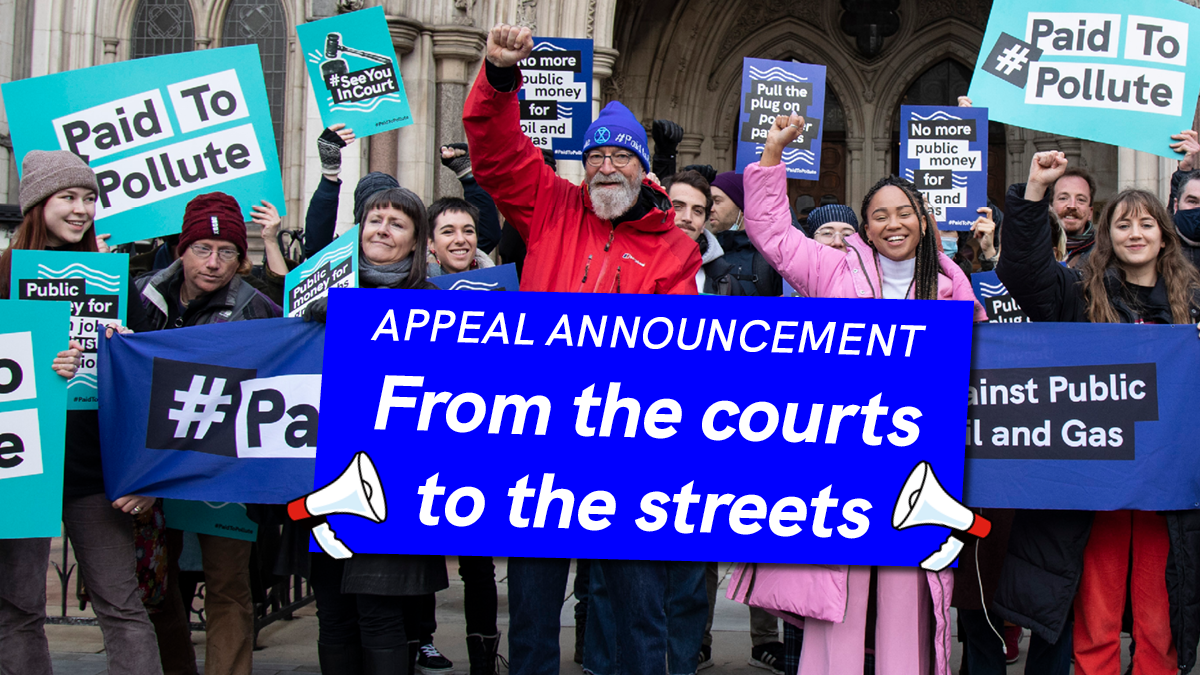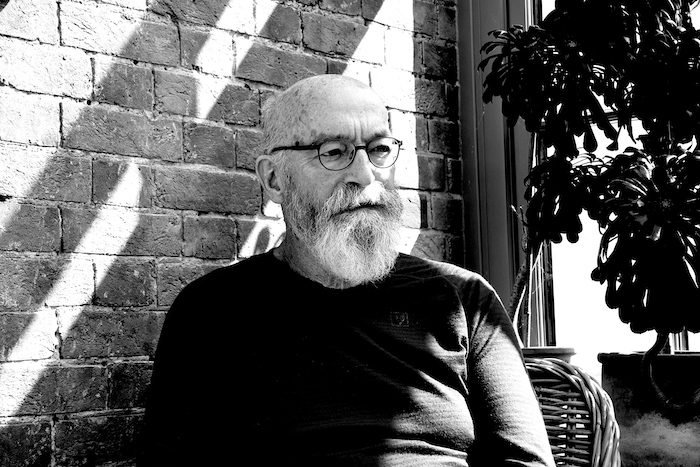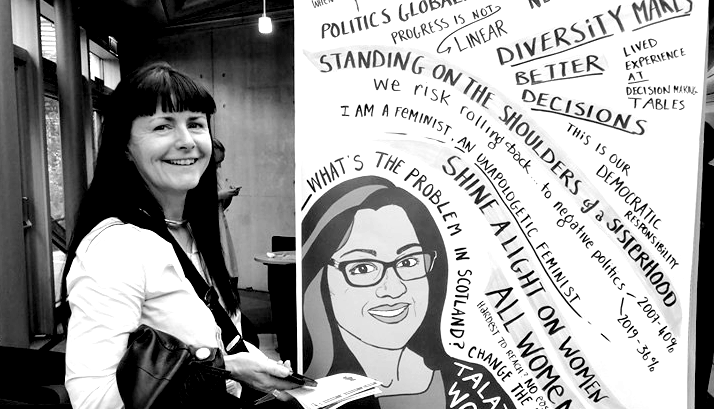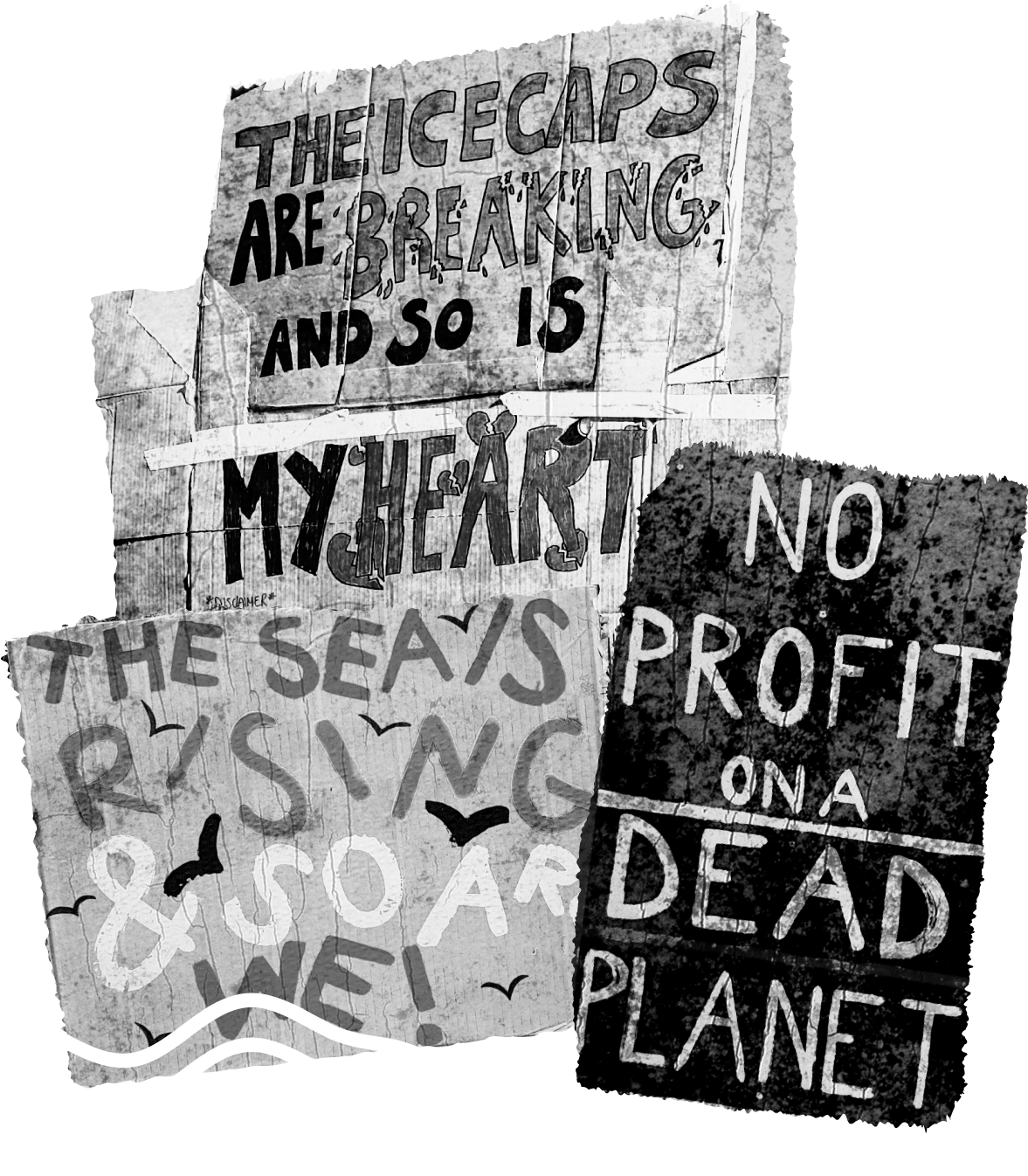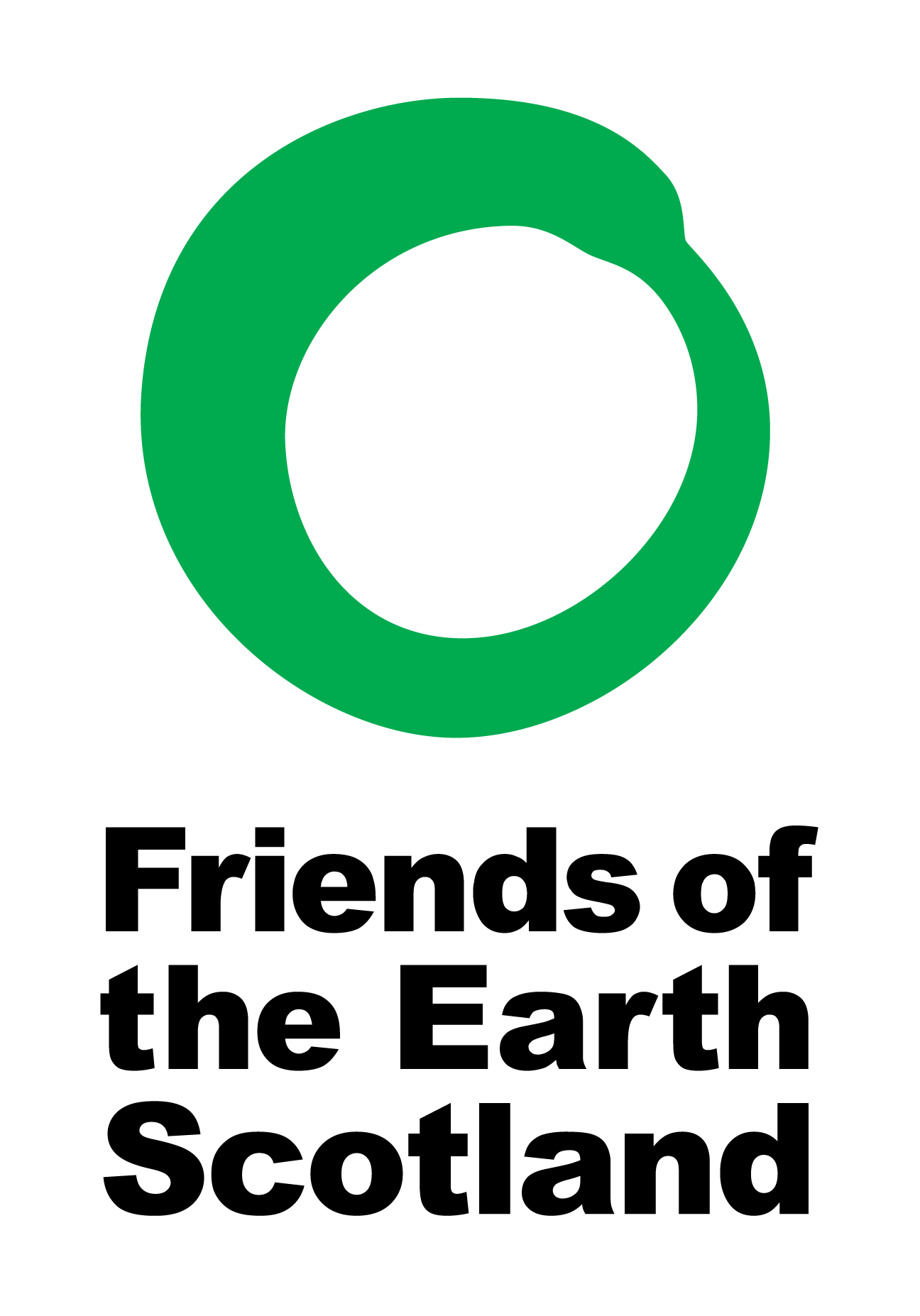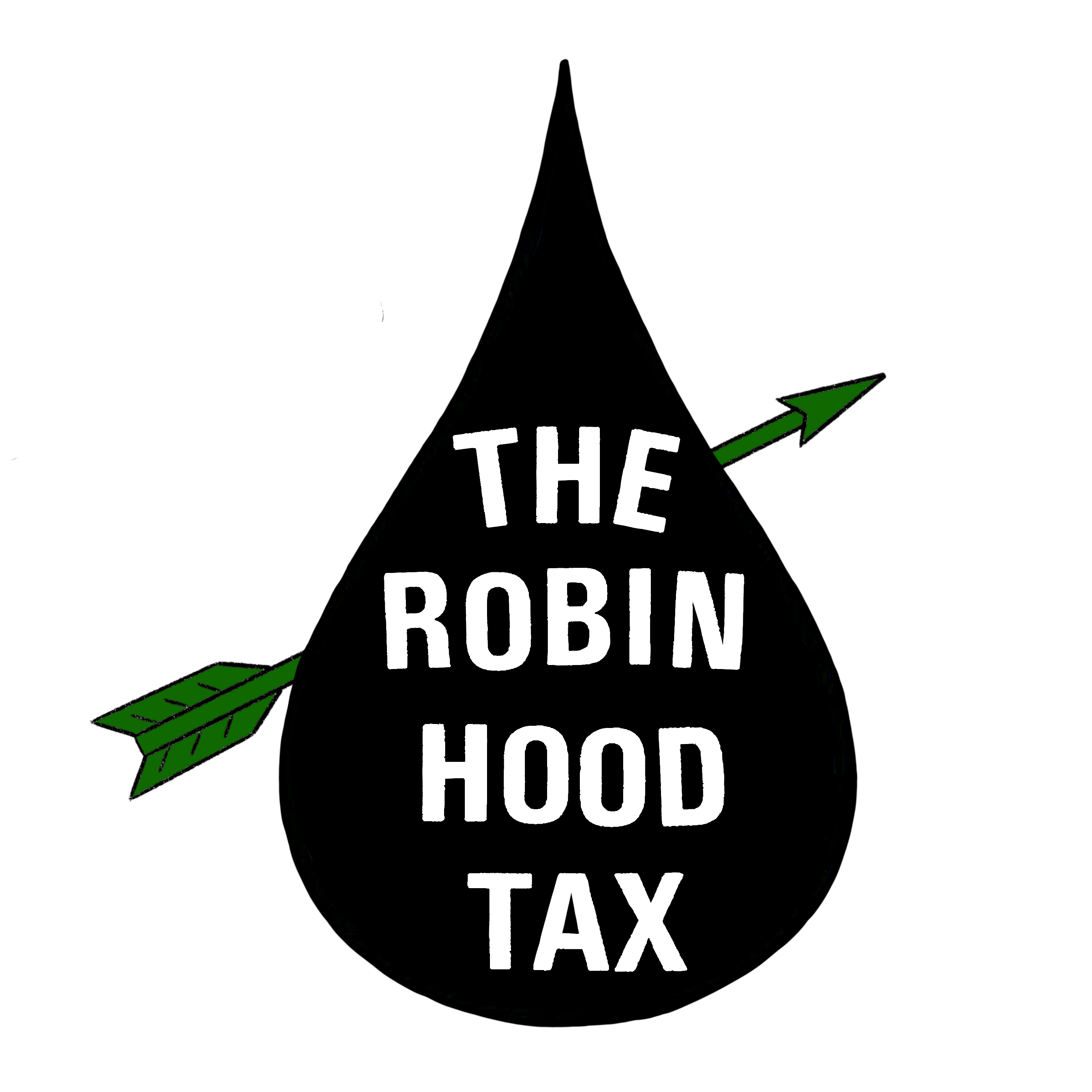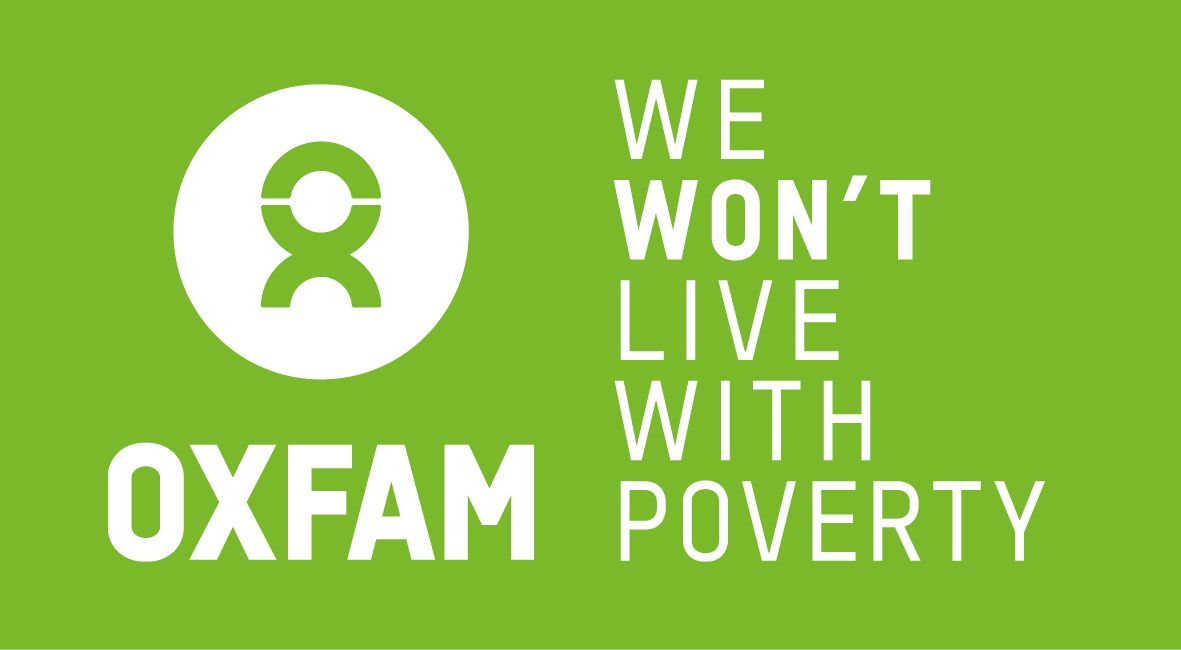Let’s make sure the polluter pays, not the other way around.
Since signing the Paris Agreement, the UK Government has paid £4 billion of public money to North Sea oil and gas companies. In recent years, companies like Shell and BP were actually paid to pollute. They paid us next to nothing in tax. We paid them millions. All while they laid off thousands of workers in the UK and continued to wreck the climate.
We say, “No more!” We’re taking the Government to court to pull the plug on public payments for big polluters. And we need your help.
The UK could be the first major oil and gas producing country to move away from fossil fuels, setting a strong standard for the rest of the world. Instead it’s keeping alive a declining industry that’s committed to extracting more oil and gas than safe climate limits allow.
Our money is better spent on decent, green jobs and a just transition led by workers, their unions and affected communities.


